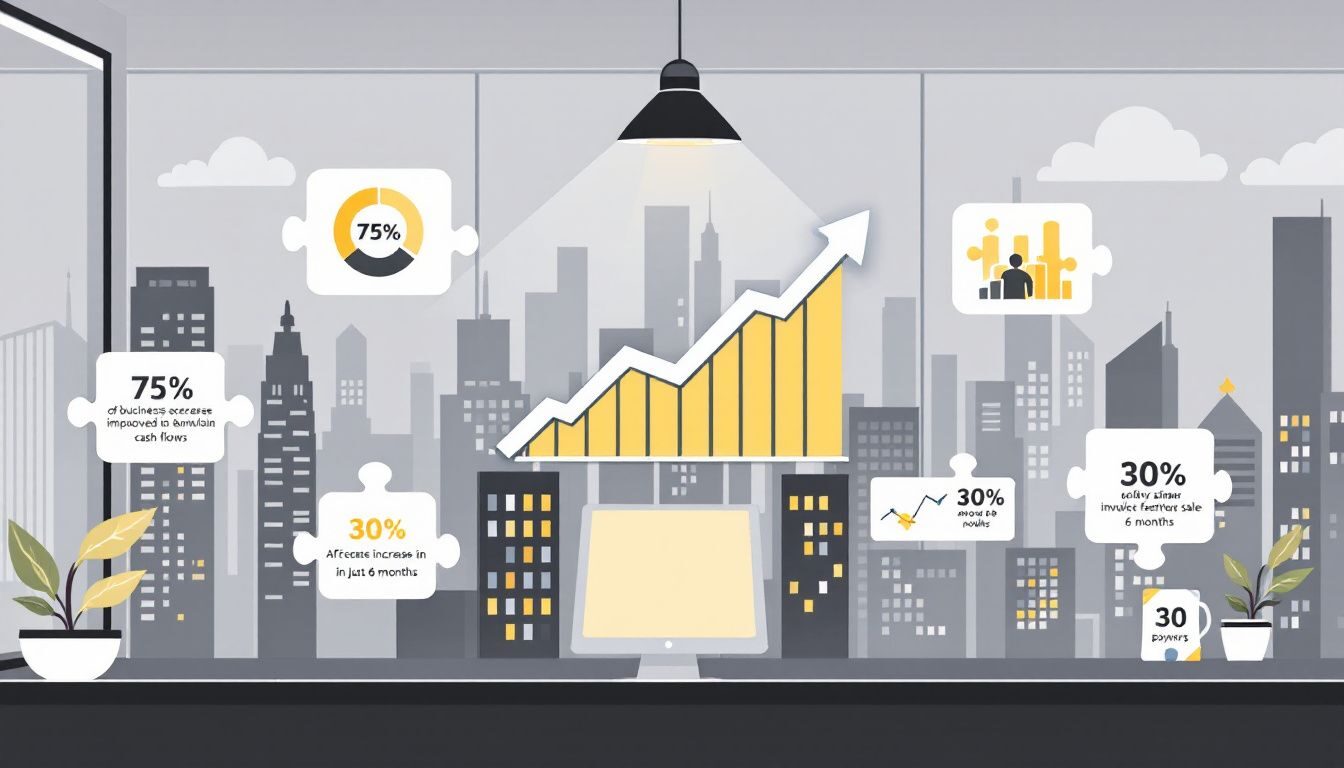The Dow Jones Industrial Average (DJIA) is one of the most widely recognized stock market indices in the world, reflecting the performance of 30 major U.S. companies. Understanding the key factors affecting Dow Jones is essential for investors aiming to navigate the complexities of the financial markets. Here’s an in-depth look at the various elements that influence the Dow Jones Industrial, shedding light on what drives its performance.
Economic Indicators
Economic indicators play a pivotal role in shaping the Dow Jones performance drivers. These data points provide insights into the overall health of the economy and can significantly impact the index.
- Gross Domestic Product (GDP): GDP measures the total economic output of a country. A strong GDP growth rate typically signifies a thriving economy, which often boosts the Dow Jones as corporate earnings and consumer spending rise.
- Inflation Rates: Inflation affects purchasing power and can influence central bank policies. Moderate inflation generally supports economic growth, but high inflation can lead to higher interest rates and negatively impact the Dow.
- Employment Data: Key metrics such as unemployment rates and job creation figures reflect the labor market’s health. Higher employment usually indicates increased consumer spending, positively influencing the Dow.
Corporate Earnings
The financial performance of companies within the index directly impacts the influences on Dow Jones Industrial. Major corporations report their earnings quarterly, and these reports are closely scrutinized by investors.
- Quarterly Reports: Earnings reports provide a snapshot of a company’s profitability and financial health. Positive earnings surprises often lead to higher stock prices, which can elevate the Dow Jones.
- Revenue and Profit Margins: Companies with growing revenues and expanding profit margins are viewed favorably. Their success can drive the overall index higher, reflecting their positive contribution to the Dow.
Geopolitical Events
Global and domestic geopolitical events can significantly affect the major factors for Dow Jones Index. Political stability and international relations are crucial for investor confidence.
- Trade Policies: Changes in trade agreements, tariffs, or sanctions can influence corporate profits and market stability. Positive trade relations tend to boost the Dow, while trade conflicts or uncertainties can have a detrimental effect.
- Political Stability: Political events, such as elections or policy changes, can impact market sentiment. A stable political environment generally supports a favorable outlook for the Dow.
Interest Rates and Monetary Policy
Interest rates set by central banks, such as the Federal Reserve, have a substantial impact on the Dow Jones performance drivers. These rates influence borrowing costs and investment decisions.
- Federal Reserve Actions: Changes in interest rates affect consumer spending and business investment. Lower interest rates typically encourage borrowing and investing, which can positively influence the Dow.
- Monetary Policy: Central banks’ policies regarding money supply and interest rates play a crucial role in shaping market conditions. Tightening monetary policy may dampen market enthusiasm, while accommodative policies can stimulate it.
Market Sentiment and Investor Behavior
Investor sentiment and market psychology also contribute to the key factors affecting Dow Jones. Emotional and psychological factors can drive market trends.
- Market Trends: Bullish or bearish trends in the broader market can impact the Dow. Positive sentiment often leads to increased investments in equities, pushing the index higher.
- Investor Confidence: General confidence in the economy and financial markets can influence the Dow. High confidence levels often correlate with higher stock prices and a stronger Dow.
Global Economic Conditions
The global economic environment is another crucial element affecting the influences on Dow Jones Industrial. International economic conditions and financial markets can ripple through to the Dow.
- Global Growth: Strong economic growth in major economies can boost global market sentiment and contribute to a higher Dow. Conversely, economic slowdowns or recessions abroad can have a negative impact.
- International Markets: Developments in international markets, including emerging economies, can influence the Dow. Global financial stability and trade dynamics play a role in shaping the index’s performance.
Conclusion
The key factors affecting Dow Jones encompass a wide range of economic, corporate, geopolitical, and market influences. From economic indicators and corporate earnings to geopolitical events and investor sentiment, each element plays a crucial role in shaping the Dow Jones Industrial Average. By staying informed about these Dow Jones performance drivers, investors can better understand market movements and make more informed decisions.

